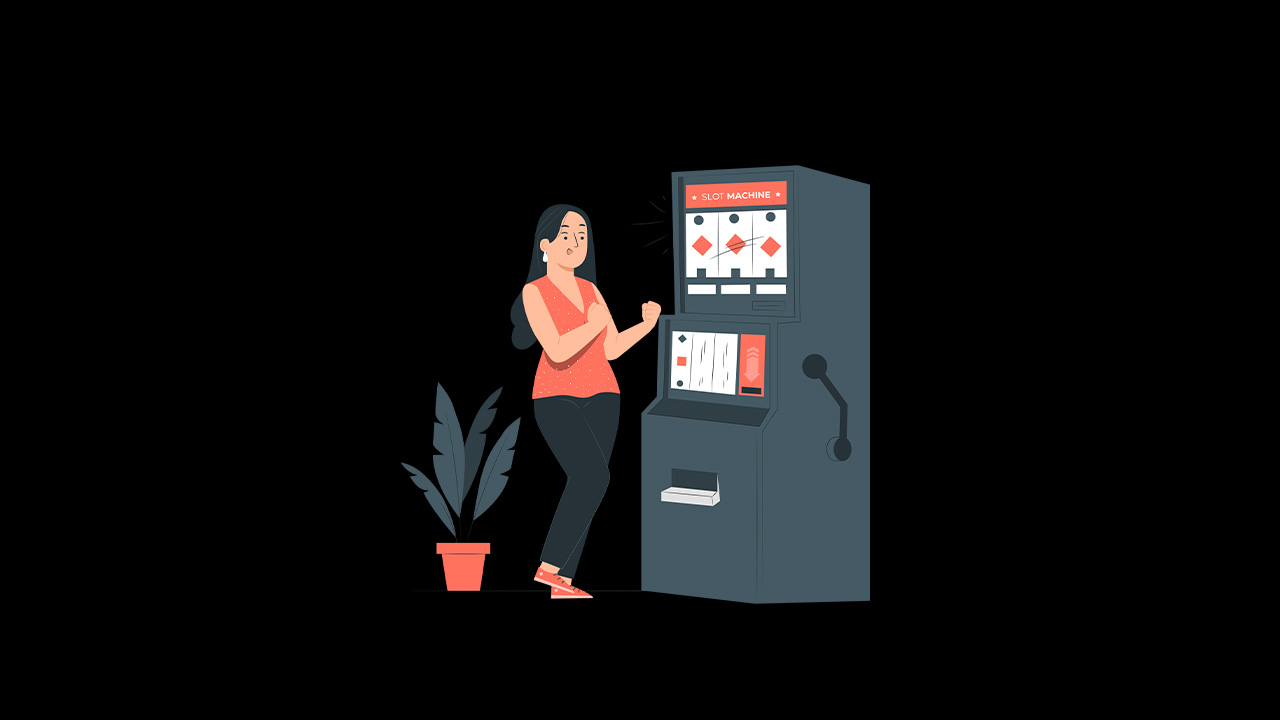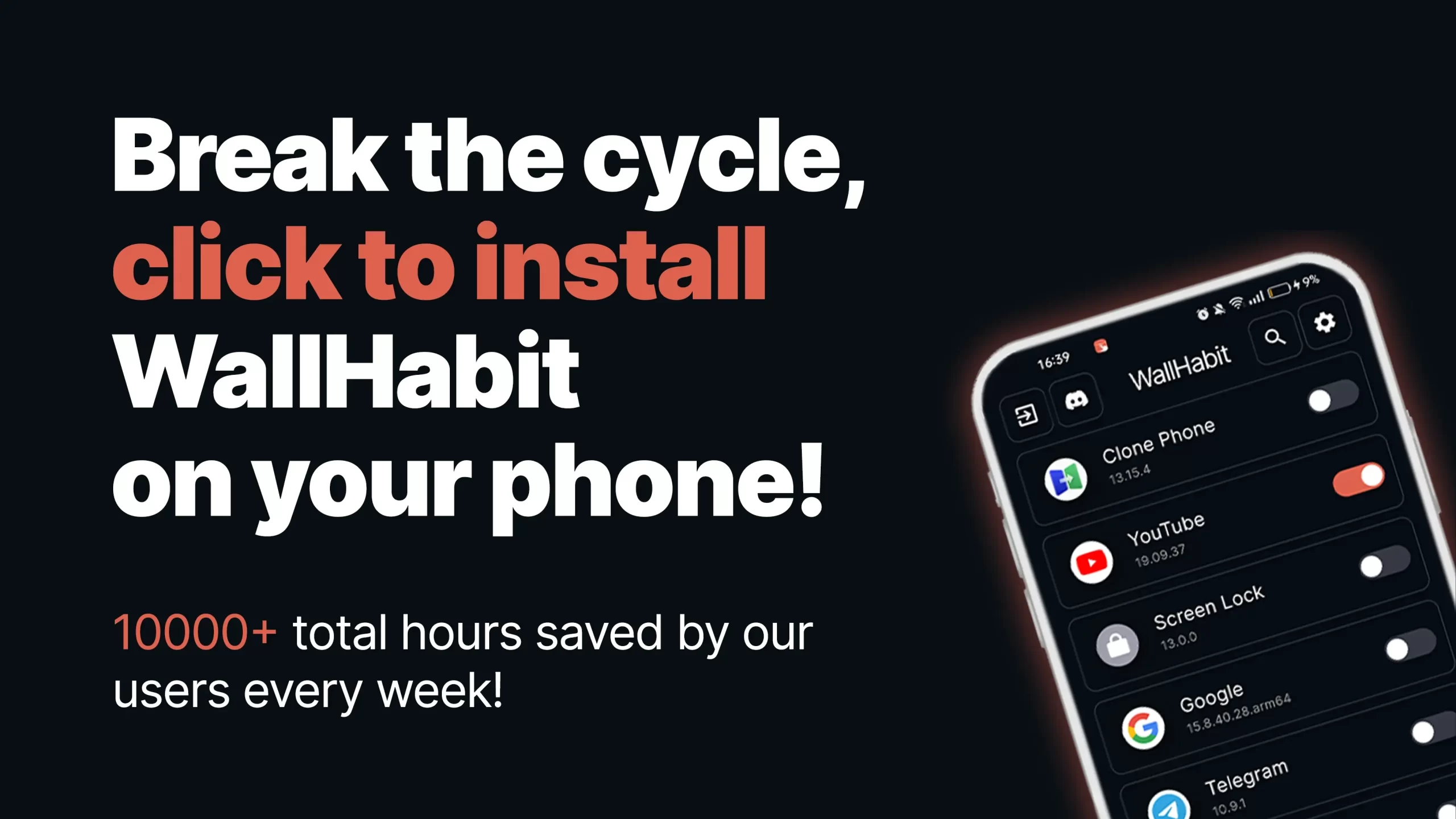In today’s world, smartphones have become an essential part of our daily lives. We use them for work, communication, entertainment, and much more. However, there’s a fine line between using your phone and being addicted to it. How to know if you’re addicted to your phone? Here are five signs of phone addiction to help you recognize the problem and take steps toward a healthier relationship with your device.
1. You Can’t Put Your Phone Down
One of the most telling signs of phone addiction is the inability to put your phone down. If you find yourself constantly checking your phone, even when there’s nothing important to see, you may want to reflect on your habits.
The Urge to Check Notifications
Do you feel the need to check your phone every few minutes? This urge can be overwhelming and is a common symptom of addiction. Notifications, especially from social media, are designed to grab your attention. How addicted are you to your phone? If resisting these notifications feels impossible, it’s time to assess your phone usage.
Losing Track of Time
Another indicator of phone addiction is losing track of time while using your phone. Have you ever intended to check one thing and ended up scrolling for hours? This can lead to wasted time and neglect of important tasks. Recognizing this pattern is the first step toward addressing it.
2. You Experience Phantom Vibrations
Phantom vibrations—when you think your phone is vibrating, but it’s not—are a clear sign that you’re overly dependent on your device. These false alarms are one of the lesser-known signs of phone addiction, but they are surprisingly common.
The Psychological Impact
Phantom vibrations can make you feel anxious or stressed. They occur because your brain becomes conditioned to expect notifications, even when they don’t exist. If you’re wondering, “Are you addicted to your phone?”, this is one psychological cue that shouldn’t be ignored.
Breaking the Habit
To break this cycle, start by turning off non-essential notifications. Over time, reducing your reliance on constant alerts can help your brain reset and stop anticipating notifications that aren’t there.
3. Your Sleep is Disrupted
Using your phone before bed is one of the most common signs of phone addiction and has a direct impact on your sleep quality. If you’ve been asking yourself, “How addicted are you to your phone?”, consider how much your nightly phone usage interferes with your ability to fall asleep.
The Importance of a Good Night’s Sleep
Lack of sleep affects everything from your mood to your cognitive abilities. If your phone is preventing you from getting a good night’s rest, this is a strong indicator that you’re overusing it.
Creating a Phone-Free Bedtime Routine
Try implementing a phone-free bedtime routine. Avoid screens at least an hour before going to bed, and instead engage in calming, offline activities like reading or journaling. This can help you regain control over your evenings and establish healthier habits.
4. You Feel Anxious Without Your Phone
How to know if you’re addicted to your phone? One clear sign is feeling anxious or uncomfortable when you don’t have it with you. If your phone is your primary source of comfort, it might be time to reassess your dependency.
The Fear of Missing Out (FOMO)
The fear of missing out, or FOMO, is one of the driving forces behind excessive phone use. This constant need to stay connected can make it hard to disconnect, even for short periods.
Practicing Digital Detox
Combat FOMO by setting aside specific times for a digital detox. Tools like WallHabit can help you establish boundaries and stay committed to phone-free time, ensuring you break the cycle of anxiety and regain control over your life.
5. Your Relationships are Affected
Excessive phone usage can strain your relationships. If you’re prioritizing your phone over meaningful interactions, it’s time to evaluate how it’s impacting your social life. What are the 5 signs of phone addiction? This is one of the most critical, as it affects not just you but those around you.
The Impact on Communication
Phones can create a barrier between you and your loved ones. If you’re constantly distracted, you may miss out on meaningful conversations or connections. Are you addicted to your phone? If you feel your phone is taking precedence over personal relationships, it’s a clear sign.
Reconnecting with Loved Ones
Make an effort to put your phone away during social interactions. Tools like WallHabit can help you set limits, ensuring you’re present in the moment and strengthening your relationships.
Solve it Using WallHabit!
Now that we’ve identified how to know if you’re addicted to your phone, let’s explore how WallHabit can help you address these challenges. WallHabit is a powerful commitment device designed to reduce screen time and break free from phone addiction.
Hold to Unlock Feature
One of WallHabit’s most effective tools is the “hold to unlock” feature. This function creates a small barrier, requiring you to hold down a button for a set amount of time before accessing certain apps.
Setting Boundaries
By blocking certain apps, you set clear boundaries for your phone usage. This can help you focus on more important tasks and reduce distractions. You can customize the settings to block apps during work hours, study time, or before bed.
Blocking Shorts and Reels
Shorts and reels are some of the most addictive types of content. WallHabit’s blocking feature helps you avoid the endless scroll by making these videos inaccessible.
Why Shorts and Reels Are Addictive
Shorts and reels are designed to be quick and captivating. The endless scroll feature keeps you hooked, making it hard to stop watching. This can lead to excessive screen time and distract you from important tasks.
Taking Control
By blocking shorts and reels, you take control of your phone usage. This feature helps you avoid falling into the trap of endless scrolling. You can use this time to engage in more meaningful activities and reduce your overall screen time.
Conclusion
Recognizing the signs of phone addiction is the first step toward regaining control. How to know if you’re addicted to your phone? If any of the signs mentioned resonate with you, it’s time to take action. Tools like WallHabit can help you address these challenges with features like “hold to unlock,” app blocking, and blocking shorts and reels.
Breaking free from phone addiction takes commitment and the right approach. Start today by identifying your habits and using WallHabit to help you build a healthier relationship with your phone. Take control of your screen time, improve your productivity, and enhance your overall well-being.

